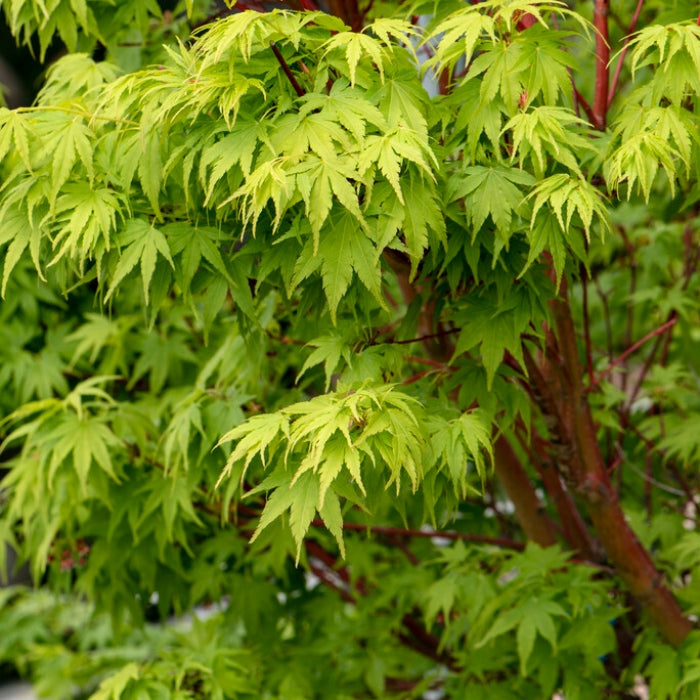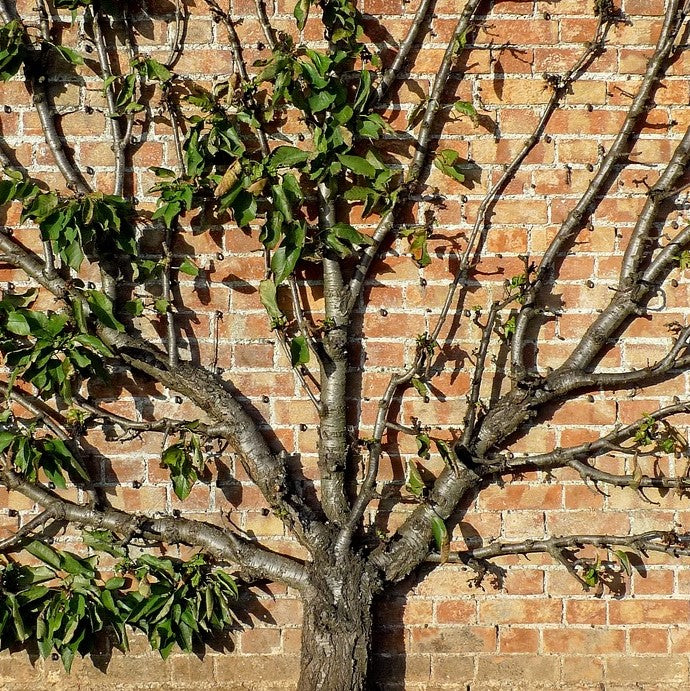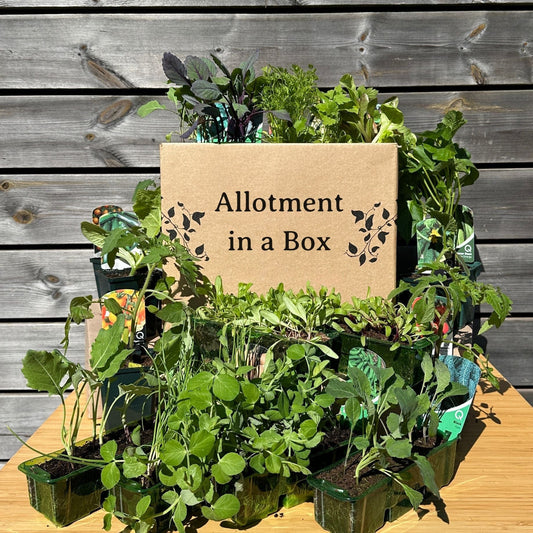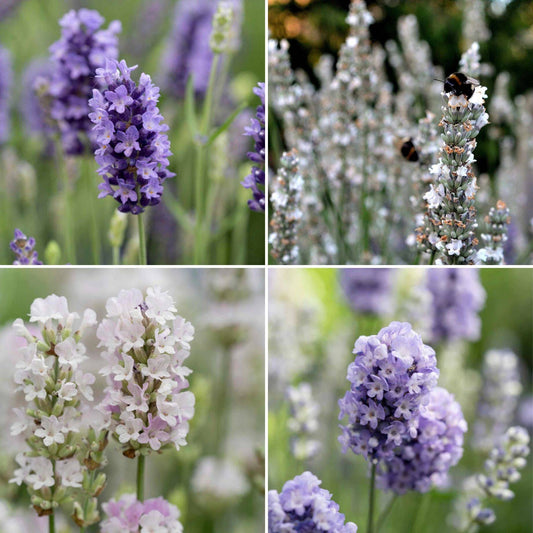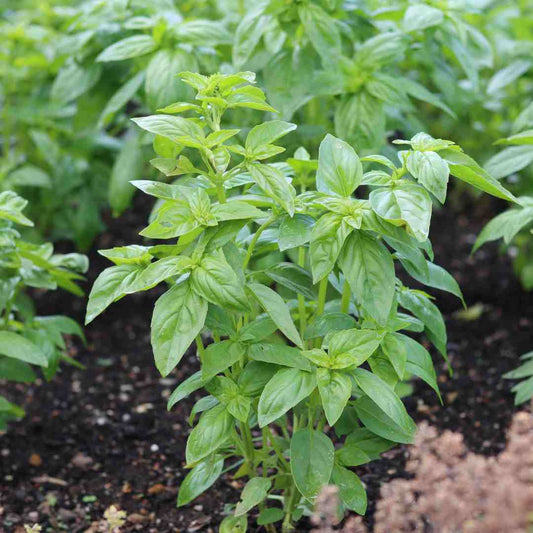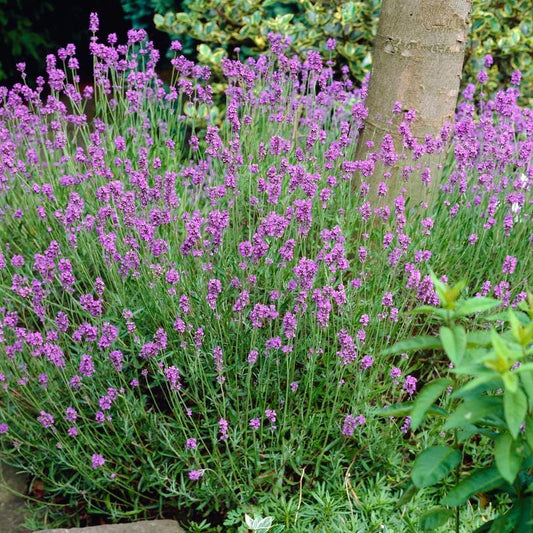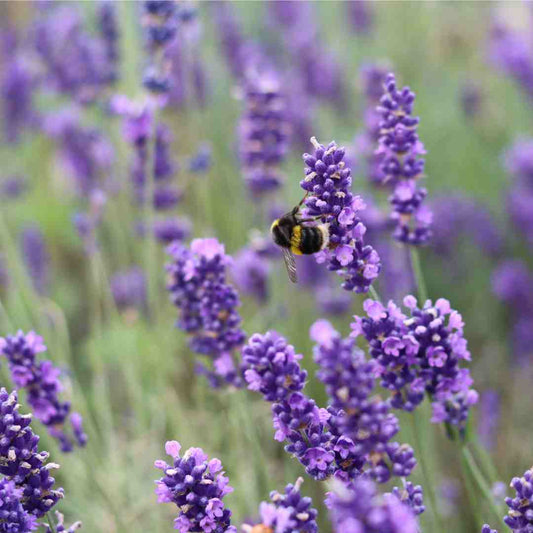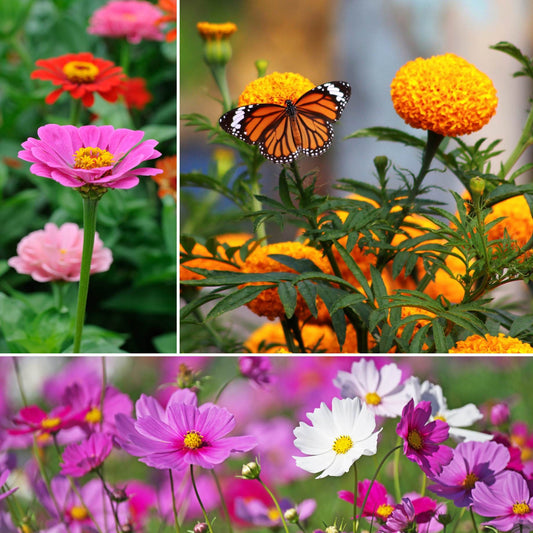The Complete Companion Planting Guide
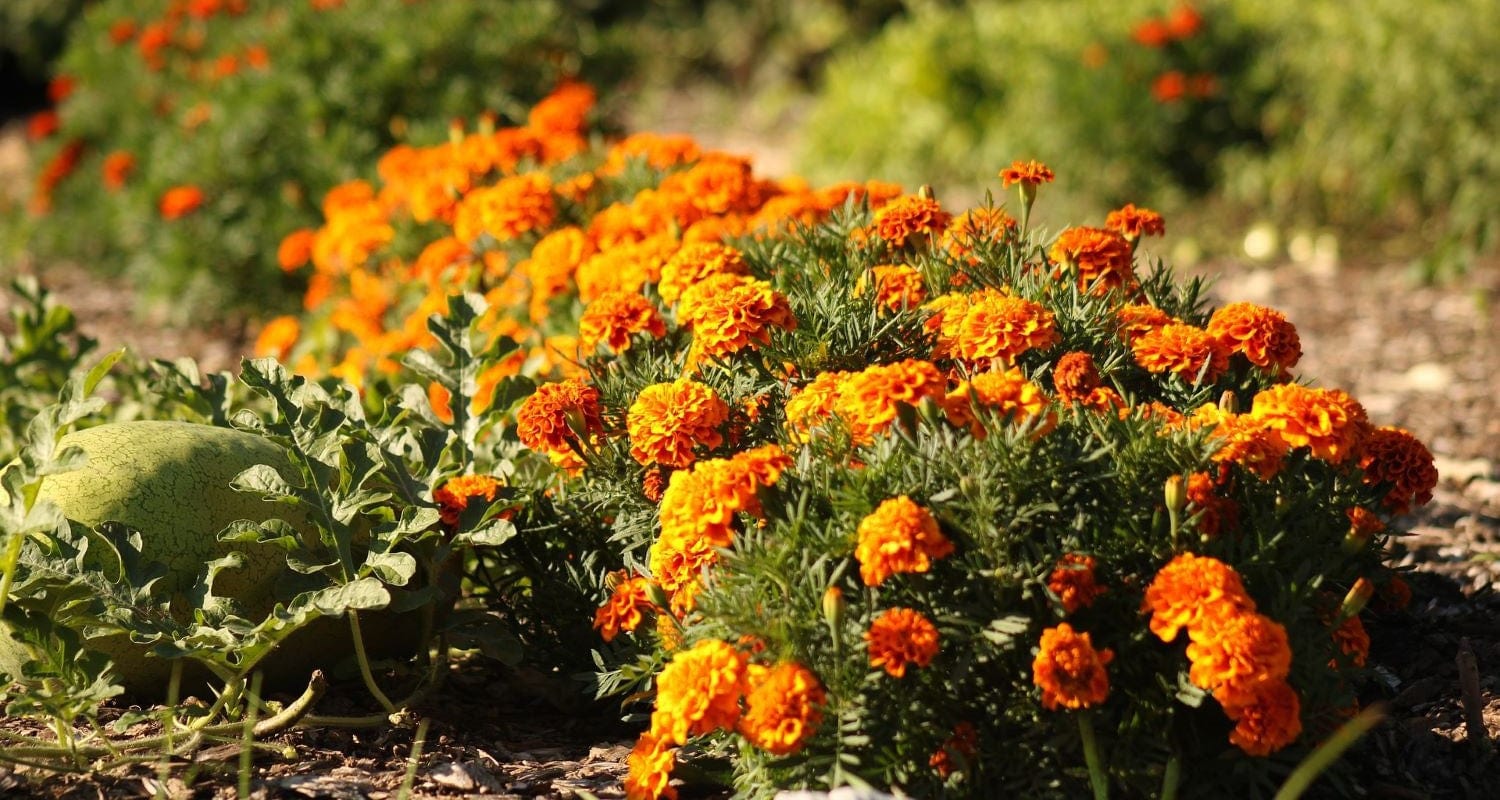
Companion planting is nature's solution to every gardening problem. It simply means using plants to help out other plants – whether that's by keeping pests away, improving the soil or attracting pollinators. In this post, we’ll be exploring the concept in more detail, looking at how exactly it works, the benefits and more. Hopefully, by the end, you’ll have more garden companions than Percy the Park Keeper!
Jump to:
What is companion planting?
First, then, let’s look in more detail at what exactly companion planting is and constitutes. At its core, it’s the idea of planting plants that are mutually beneficial to one another (or at least beneficial to one of the plants). We most commonly see companion planting when growing vegetables, though it can be applied to all areas of the garden.
Companion planting history
Companion planting is far from a modern innovation. Indigenous American populations, for instance, used the “Three Sisters” method as far back as 3,000 years ago. Growing corn, beans and squash together in this way was found, according to renowned US agronomist Jane Mount Pleasant, to:
“Enhance the soil physical and biochemical environment, minimize soil erosion, improve soil tilth, manage plant population and spacing, provide for plant nutrients in appropriate quantities, and at the time needed, and control weeds."
Other historical mentions of companion planting include from classical antiquity, in which Greek and Roman authors talked, not about the benefits of grouping certain plants together, but rather the dangers of certain planting combinations; the Greek philosopher, Theophrastus, for instance, wrote about how grapevines were “enfeebled” (brilliant turn of phrase there) when grown alongside cabbage plants. In biology, the term used to describe the phenomenon of one plant stunting the growth of another is allelopathy.
The benefits of companion planting
As Jane Mount Pleasant’s quote above alludes to, companion planting has a wealth of benefits, including improved soil health, weed suppression and pest control, to name just a few. Let’s look at the major benefits in a bit more detail.
Improving soil
Companion plants can improve the soil in a variety of ways; peas and beans, for instance, are known for their nitrogen-fixing properties. This is where the plant, through a symbiotic relationship with bacteria (such as Rhizobium leguminosarum, for instance), is able to convert atmospheric nitrogen (N2) into usable forms of nitrogen (like ammonium, NH4+). When the plant dies and decomposes, it releases nitrogen back into the soil in the form of nitrates (NO3-) which other plants can then use.
Another way in which companion plants can help improve soil health is by increasing drainage through soil aeration. Deep-rooted companion plants like carrots, radishes and sunflowers all help break up compacted soil, improving the ability for water to permeate through the soil and improving the soil structure, overall.

Deterring pests
Pests are, well, exactly that! When you’re trying to grow your own bumper crop of juicy tomatoes, or fill your trug with gourmet asparagus spears, the last thing you want is to find that some pesky insects b(eat) you to it. Fortunately, there are a number of plants that can help ward off these critters.
Marigolds are perhaps the most well-known example, their pungent smell acting as a deterrent while their pollen-rich flowers are attractive to beneficial predatory insects (like parasitic wasps). Alliums (such as onion and garlic) repel pests, such as the flea beetle, with their strong fragrance, while nasturtiums can be used as “sacrificial” (or “trap”) plants, luring aphids away from vegetable plants.

Attracting pollinators
Big (and consistently uniform) yields of vegetables and fruits rely on successful pollination, and this relies on the heavy presence of pollinating insects like bees, butterflies, beetles and hoverflies. So, by incorporating plants that improve the numbers of pollinators visiting your fruit or veg patch, you’re more likely to get those harvests you’ve been dreaming about. The best plants for boosting your plot’s pollinator presence include lavender, mint and borage.

Companion planting combinations
| Plant | Brassicas | Tomatoes | Carrots | Peas/Beans | Courgettes | Strawberries | Peppers |
|---|---|---|---|---|---|---|---|
| Basil | ✔ | ✔ | ✔ | ✔ | ✔ | ✔ | ✔ |
| Borage | ✔ | ✔ | ✔ | ✔ | ✔ | ✔ | ✔ |
| Chamomile | ✔ | ✔ | ✔ | ✔ | ✔ | ✔ | ✔ |
| Chive | ✔ | ✔ | ✔ | ✘ | ✔ | ✔ | ✔ |
| Coriander | ✔ | ✔ | ✘ | ✔ | ✔ | ✔ | ✔ |
| Dill | ✔ | ✘ | ✘ | ✔ | ✔ | ✔ | ✘ |
| Garlic | ✔ | ✔ | ✔ | ✘ | ✔ | ✔ | ✔ |
| Geranium | ✔ | ✔ | ✔ | ✔ | ✔ | ✔ | ✔ |
| Hyssop | ✔ | ✔ | ✔ | ✔ | ✔ | ✔ | ✔ |
| Lavender | ✔ | ✔ | ✔ | ✔ | ✔ | ✔ | ✔ |
| Marigold | ✔ | ✔ | ✔ | ✔ | ✔ | ✔ | ✔ |
| Nasturtium | ✔ | ✔ | ✔ | ✔ | ✔ | ✔ | ✔ |
| Oregano | ✔ | ✔ | ✔ | ✔ | ✔ | ✔ | ✔ |
| Parsley | ✔ | ✔ | ✘ | ✔ | ✔ | ✔ | ✔ |
| Rosemary | ✔ | ✘ | ✔ | ✔ | ✔ | ✔ | ✔ |
| Sage | ✔ | ✔ | ✔ | ✔ | ✔ | ✔ | ✔ |
| Sunflower | ✘ | ✘ | ✔ | ✘ | ✔ | ✘ | ✘ |
| Thyme | ✔ | ✔ | ✔ | ✔ | ✔ | ✔ | ✔ |
| Yarrow (achillea) | ✔ | ✔ | ✔ | ✔ | ✔ | ✔ | ✔ |
| Zinnia | ✔ | ✔ | ✔ | ✔ | ✔ | ✔ | ✔ |
Final thoughts on companion planting
Companion planting is an artform that takes just a few minutes (or a blog post) to learn, but a lifetime to truly get your teeth into. Season after season, you can tinker and modify, until you find the combinations that work for you and your garden, based on the combinations, rules and principles laid out above. While you’re here, make sure to check out our vegetable spacing and veg garden planning guides.
Last updated: 24/04/2025
